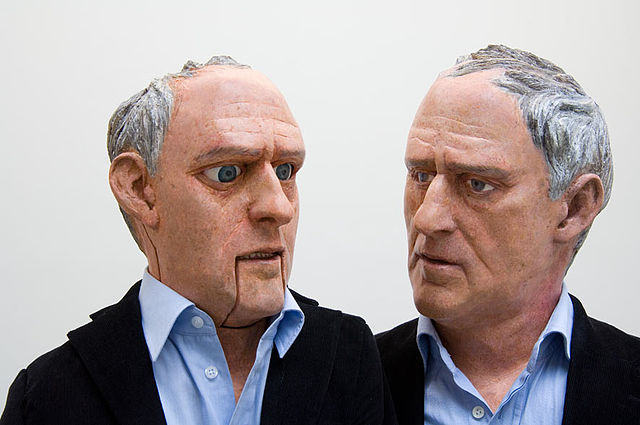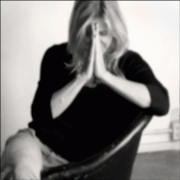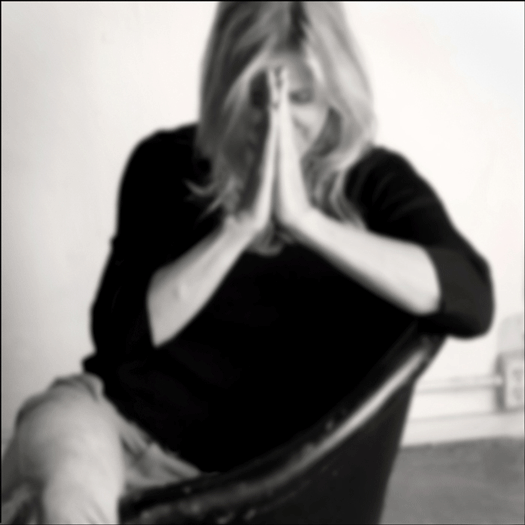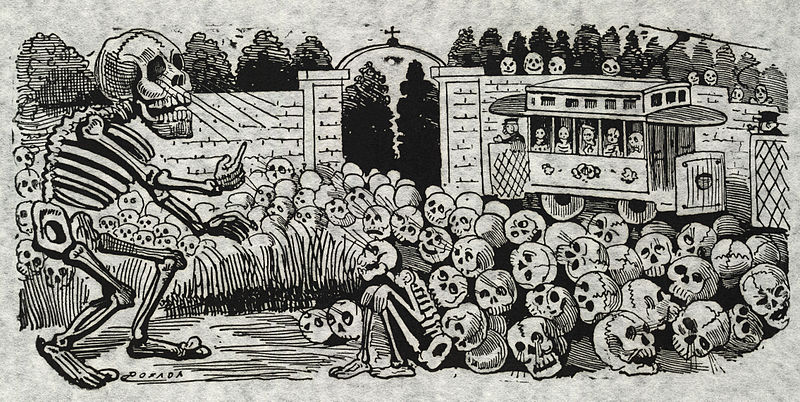
An example of overwhelm: driving in the worst fog I’ve ever encountered, many years ago. I couldn’t see anything except the two red brake lights of the car ahead of me. I couldn’t see the lines of the road, and I dared not pull over to the side of the road for fear of being hit by another car. All I could do was keep my hands on the wheel, pray that the car in front of me knew where he was going, and hope that I would be able to see the sign for my exit.
I had no point of reference. I was overwhelmed by the fog and unable to do anything but hurtle through the mist, wishing for some clarity.
It reminds me of the time I was at IKEA, the furniture store, for the first time. They had the coolest stuff I’d ever seen. I wanted to see everything but apparently so did everyone else because the place was packed with people. However, after 2 hours, all I wanted to do was get the hell out of there. I literally wanted to run for the door, shove aside anyone in my way, and go find something to eat. I was getting more and more irritated by the minute and I felt like I wanted to scream, but I also felt like I was going to shut down at any minute. Ever felt like that?
I was overwhelmed. If you’ve ever felt this way, then you have experienced the fog of overwhelm.
Are you saving enough for retirement? Are the tires on your car in good shape? Have you called your mother yet? Are you ready for that event? What about taxes? Have you returned that phone call? When are you going to clean your house, fix the faucet, call the insurance guy, talk to your boss, pay that overdue bill, and schedule a physical? What are you going to fix for dinner tonight if you ever make it off this damn freeway?
This is the overwhelm of modern life.
From the time we wake up, to the time we manage to lay our heads down, we must think, remember, plan, manage time, deal with people, get lots of stuff done and hopefully, eat three meals and try to breathe.
There’s a potential cost to this: we spend our lives in a haze, irritable that we can’t see our way out, lost in a fog, stuck on a track with no scenery, with little choice to pull off because we’re too tired, too confused or too uncertain.
Here’s why: your mind has a certain capacity; like a cup, it will only hold so much. Continue to fill it past it’s capacity and you’ll have a big mess.
From the time we wake up, our minds start getting filled up. Our minds are designed to handle many incoming messages. Let’s call each bit of incoming information a ” message unit.” Your mind also has a filter (critical mind) that is designed to disregard things that don’t matter.
What determines how many message units our minds can handle? Many things: how much sleep you get, what you eat, your health, your level of organization, your level of confidence, your past, your genetics, to name a few.
Let’s say you went to bed too late, and woke up late for work. Now you are rushing around, no time to eat breakfast. You’re running late, and traffic is terrible. You try to text your boss but you almost hit the car in front of you. You arrive at work and there’s an important meeting that you are supposed to be in. You need a cup of coffee but there’s no time to get one. You end up working through lunch and now you are starving, tired, and headache cranky. That’s a lot of messages units coming into your mind.
What happens when you are in overwhelm?
Your mind cannot take in more information because you are incapable of dealing with the onslaught of message units. You are experiencing the fog of overwhelm.
At this point, your critical mind, the part of your mind that is designed to deal with incoming message units, is failing. You no longer have the ability to critically deal with what’s coming at you. You are now running around like the proverbial chicken without a head. Message units are flowing into your mind unchecked, like a dam that has burst. Guess what happens next?
Your flight or fight response, that ancient survival mechanism designed to prepare you to run or fight, kicks in. Congratulations, you are now in hypnosis.
The technical definition of hypnosis is: an overload of message units, disorganizing the critical mind, triggering the fight/flight response, creating a state of hyper-suggestibility, creating access to the subconscious mind.
However, this is not the good kind of hypnosis where a nice gentlemen like myself is speaking to you gently using positively wonderful suggestions while you recline in a comfy happy chair.
Nope. This is the bad kind of hypnosis where you can’t think straight, can’t see straight, can’t make a decision to save your life, and you are giving yourself positively dreadful suggestions like “I can’t stand this, how did I get here, I want to kill someone, I’m so tired, I’m so angry and irritable, I hate this, and all I want to do is run screaming out of here before I punch someone out.” (Did I mention that in this state you’re hyper-suggestible which means super open to suggestions?)
It’s quite difficult to be effective in the fog of overwhelm because there is no clarity and you are like a zombie. Difficult to make the right decisions, difficult to keep your cool when someone gets snarky with you, because you are now reactive rather than pro-active. But it’s easy to forget stuff, let things slip through the cracks, and easy to allow negativity or anxiety to overtake you.
Think about how many people are in this state on a daily basis.
So what can we do? How do we handle the fog of overwhelm when we are so turned around we’ve lost our bearings and there are no signposts available? I’ll talk about this in my next post “The Fog of Overwhelm Part II.” Stay tuned.
p.s. Check out my podcast Ted In Your Head Episode 21 “Are You a Zombie?”
Also, check out the podcast of this blog at my podcast Ted in Your Head Episode 40
l


















